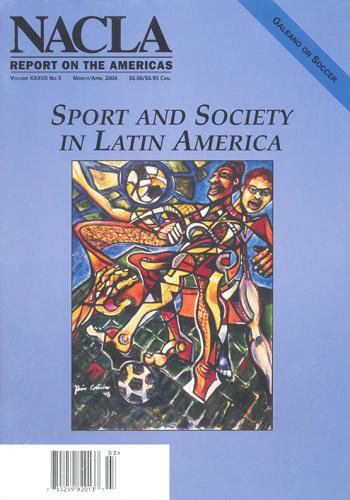Report
Arturo J. Marcano & David P. Fidler
In this era of globalization, multinational businesses are increasingly criticized for exploiting cheap sources of labor in developing countries. Corporate techniques that outrage critics include the use of child labor, poor working conditions, the non-existence of labor unions to protect workers’ rights, lack of attention to occupational safety and health, and the flouting of local legal systems.
Any mention of the island of Cuba conjures up images of many things: lush beaches covered with fine white sand lapped by crystal clear blue-green water; signature royal palm trees hundreds of feet high; sweet cigars that appeal to even the most adamant non-smoker; strong, sweet coffee served everywhere in demitasse cups; ubiquitous music; and finely kept old U.S.-made cars—that run! Many of these things were around long before the revolution of 1959 and will certainly remain for years to come.
When Argentina plunged into a political and economic crisis of unprecedented proportions at the end of 2001, I was finishing my book Fútbol y Patria. The book traced the way soccer had been used as an indispensable tool in the construction of Argentine national narratives in the 20th century.
The 20th century is often referred to as “the century of nationalism.” During this period, countries projected their national identity through cultural symbols, national heroes and well, sports.
Rogério Daflon and Teo Ballvé
Soccer has become so rooted in Brazil that it’s hard to believe that when the ball first rolled upon the fields of the country only a small elite played the game. By the start of the 20th century, as the English mingled with the upper rungs of Brazilian “high society” in the states of São Paulo and Rio de Janeiro, they began teaching the basics of the sport to the most aristocratic of Brazilians.
Noted Trinidadian Marxist critic C.L.R. James must have turned in his grave when at a meeting of Caribbean ministers on the state of cricket in the Caribbean, one minister said that the time had come for society to move on, to turn its back on the game, because it had served its purpose.

